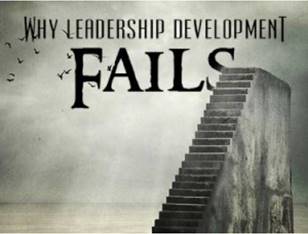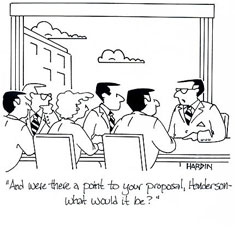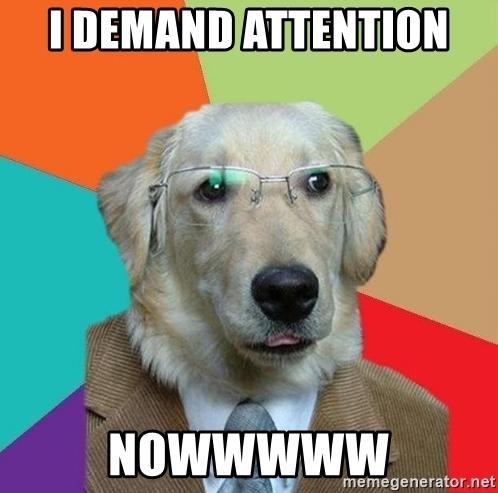By Gary Hinkle It’s ridiculous if you think about it – businesses invest billions of dollars per year on leadership development, yet we continue to have a shortage of true leaders in business. Not every business suffers from this shortage, but I know that within many organizations involved in technology development and manufacturing there are […]
By Dorian Simpson Corporate innovators – engineers, marketers and sales professionals that desire to see their ideas come to life in an organization – face a wide range of obstacles when presenting new opportunities. Ultimately they must ask for support and funds in what I call the “executive inquisition.” In the process of preparing for […]
The Art of Telling People What to Do – Advice for Project Leaders By Gary Hinkle When you were a kid, people told you what to do. Later in life, the same. We don’t like to be told what to do. When we think about delegation, it comes with this baggage: that being told what […]
By Gary Hinkle Toyota’s ongoing success is often attributed to their legendary quality and manufacturing systems. Another important element that doesn’t get as much attention is the role of Toyota’s Chief Engineers.
By Susan de la Vergne The pressure is on to solve a problem. Richard has been sitting in a meeting for the last hour listening to ideas about how to solve it. He thinks they’re all wrong, and he’s sure he’s got a solution that’s quick, easy, and accurate.
Driving Change: What Does It Take?
The challenge of organizing and implementing change is big all by itself, yet it's something engineering leaders are often called on to do. The bigger challenge, even bigger than driving the change in the first place, is making change stick. A change leader can never declare “mission accomplished” until the change actually takes hold, for the long haul.
By Susan de la Vergne If you want to find out how happy someone is, measure the strength and activity of his or her brain’s left prefrontal cortex. Researchers announced a few years ago that they’d used this method to measure happiness in a variety of people and that they’d found “the happiest man in the world.” He’s Matthieu Ricard, a molecular-biologist-turned-Buddhist-monk, whose left prefrontal cortex readings are off the charts.







